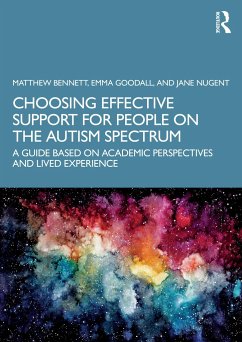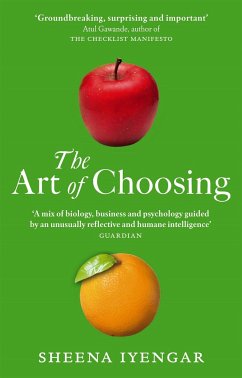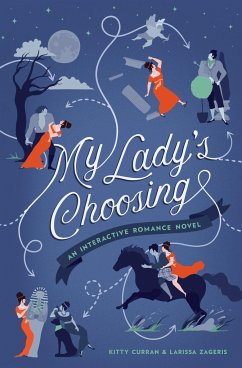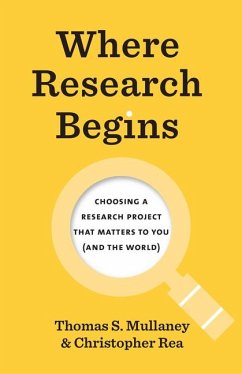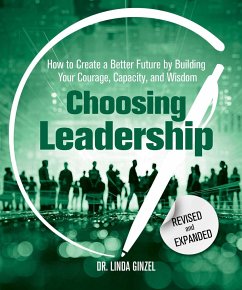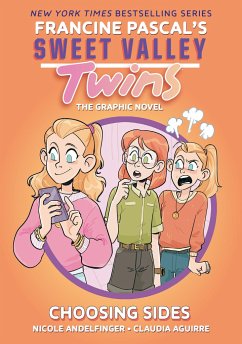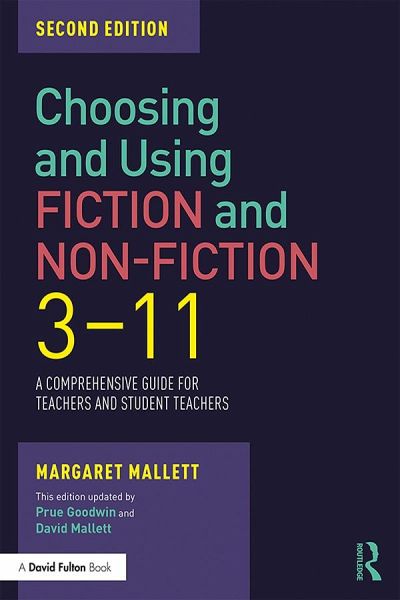
Margaret Mallett (UK Fellow of the The English Association)
Broschiertes Buch
Choosing and Using Fiction and Non-Fiction 3-11
A Comprehensive Guide for Teachers and Student Teachers
Versandkostenfrei!
Versandfertig in 1-2 Wochen

PAYBACK Punkte
25 °P sammeln!




This new, fully updated, edition includes new coverage on recent books, and new material on changes in concepts of literacy, particularly focused on technological advances in moving image media and virtual worlds.
Margaret Mallett was born in Newcastle upon Tyne in 1941. She died in 2017, writing, reviewing and supporting the journal English 4-11 to the end. She was a Fellow of the English Association. After a number of years teaching in primary schools she studied at the London University Institute of Education and at Sussex University. She then spent two years on a SSRC research project, English in the Middle Years of Schooling, writing its published report. Thereafter she was a member of the Goldsmith's College Education Department for nearly thirty years. There her first concern was always for the students in her care but where she also spent much time thinking and writing about the importance of non-fiction learning in the early and primary years. In retirement she wrote two books which her former students had suggested would have helped them: this book and the Primary English Encyclopedia, now in its fifth edition. Prue Goodwin is a freelance lecturer in literacy and children's books. She has helped in the editing of this second edition of Choosing and Using Fiction and Non-Fiction 3-11. David Mallet was Margaret's husband for more than fifty years qualified as a Chartered Accountant in 1968 and, between working for two different banks, spent thirteen years at the Bank of England. His only published work, unsurprisingly, concerned bank accounting, auditing and regulation. However, much more pleasurably, he also read every word Margaret published. His role was to confirm inter alia, as a beginner in the field, that 'meaning' was crisply conveyed, there was no ambiguity and assertions were evidence-based.
Produktbeschreibung
- Verlag: Taylor & Francis Ltd
- 2 ed
- Seitenzahl: 458
- Erscheinungstermin: 12. November 2019
- Englisch
- Abmessung: 246mm x 174mm x 25mm
- Gewicht: 816g
- ISBN-13: 9781138501805
- ISBN-10: 1138501808
- Artikelnr.: 58314946
Herstellerkennzeichnung
Libri GmbH
Europaallee 1
36244 Bad Hersfeld
gpsr@libri.de
Für dieses Produkt wurde noch keine Bewertung abgegeben. Wir würden uns sehr freuen, wenn du die erste Bewertung schreibst!
Eine Bewertung schreiben
Eine Bewertung schreiben
Andere Kunden interessierten sich für





